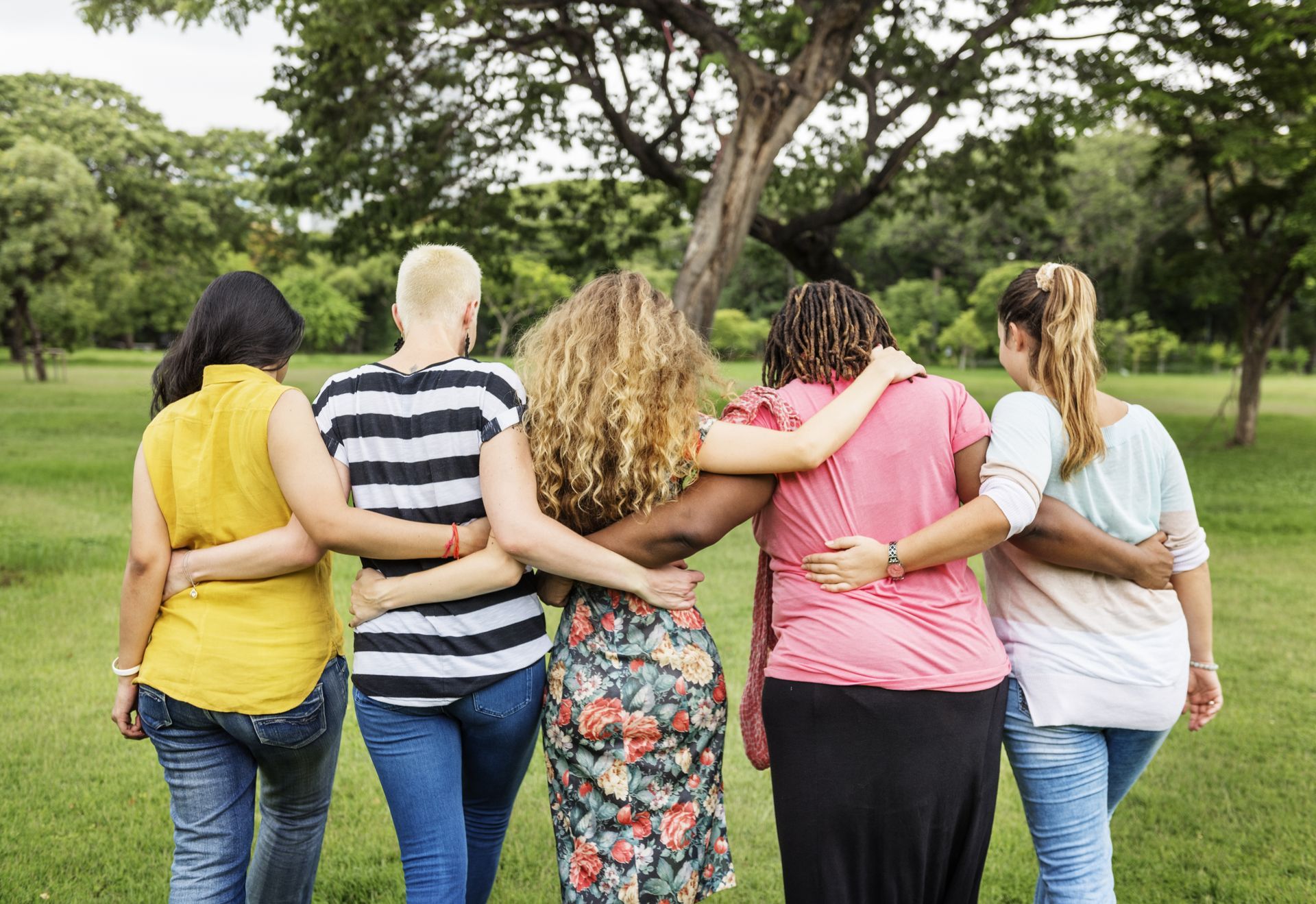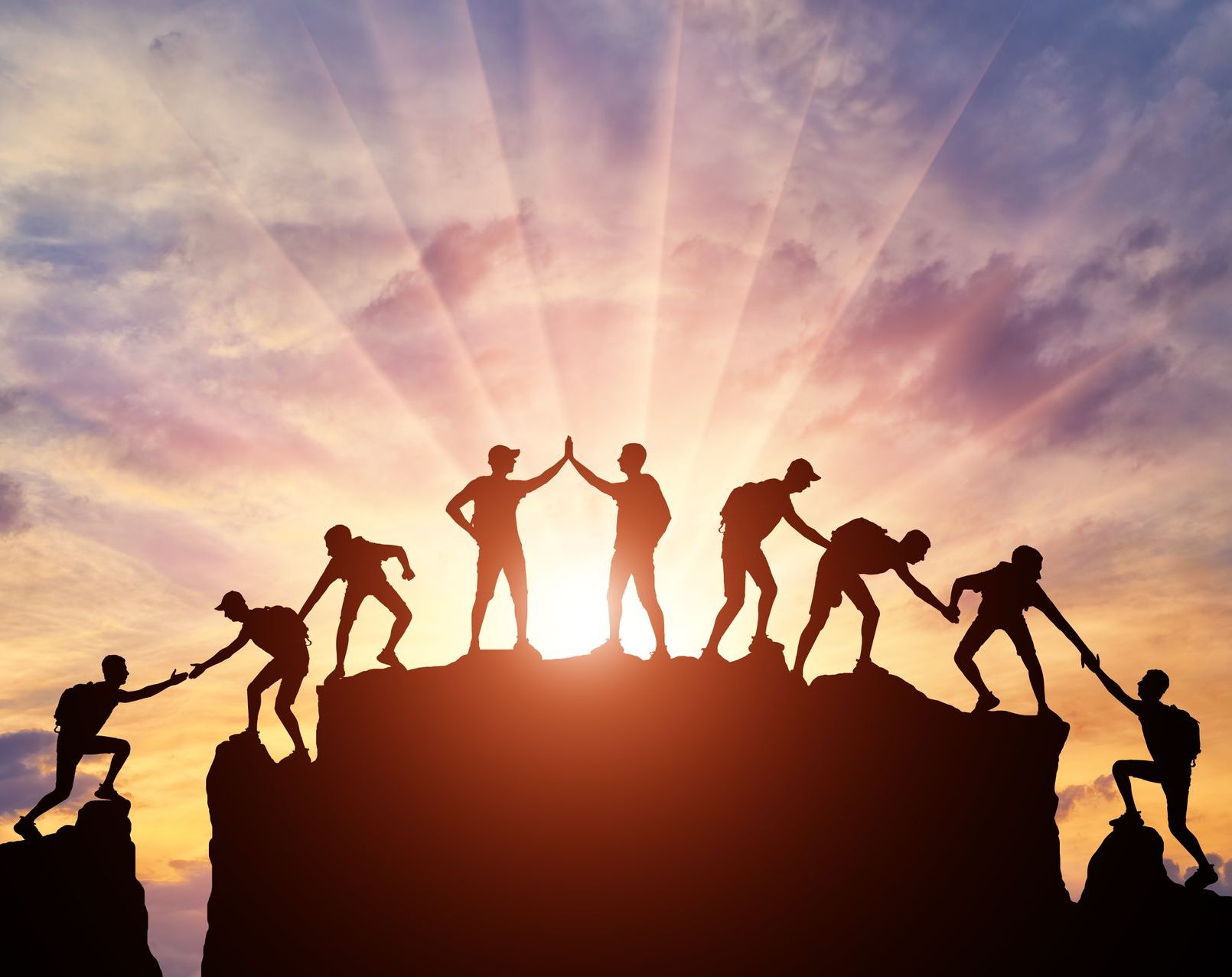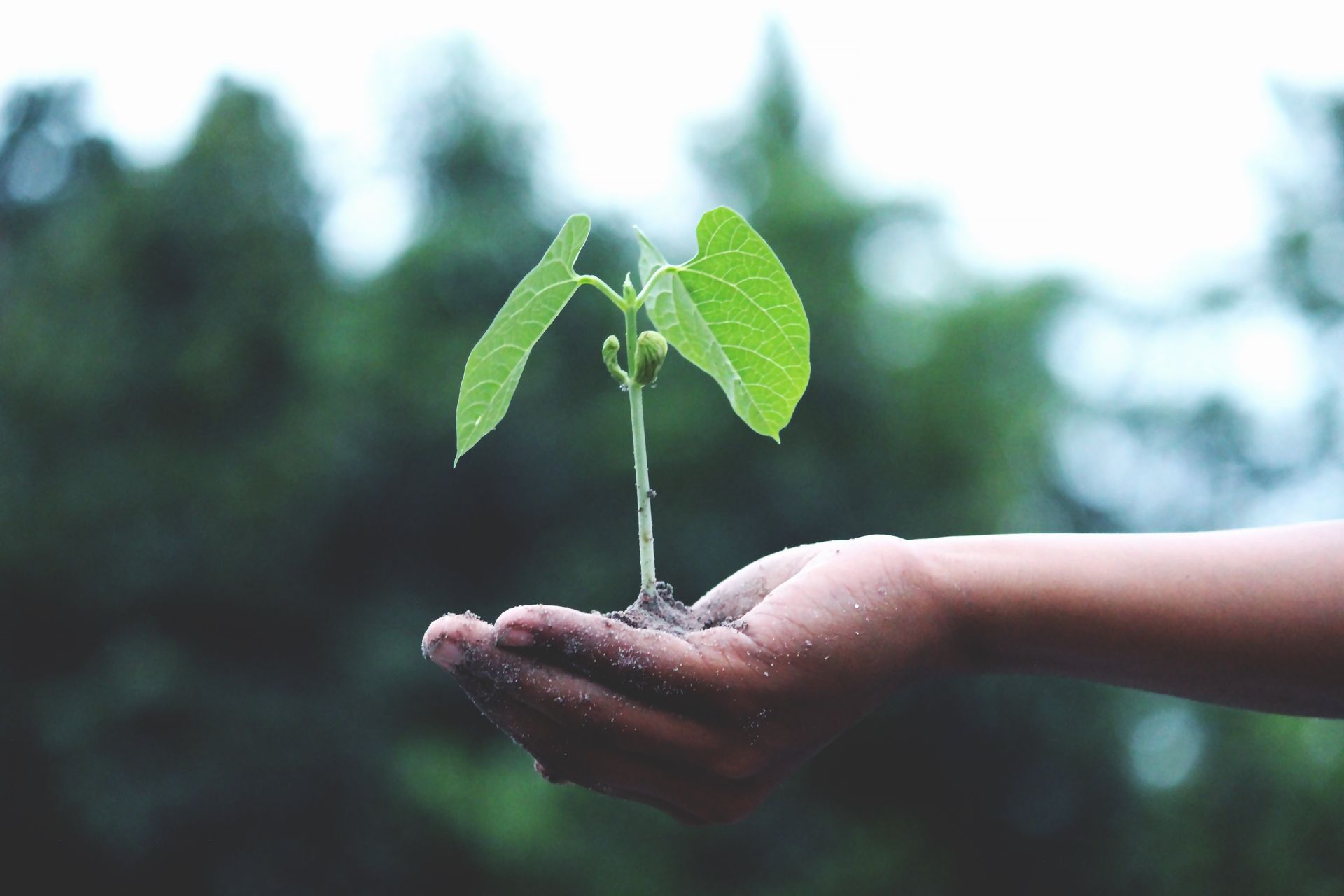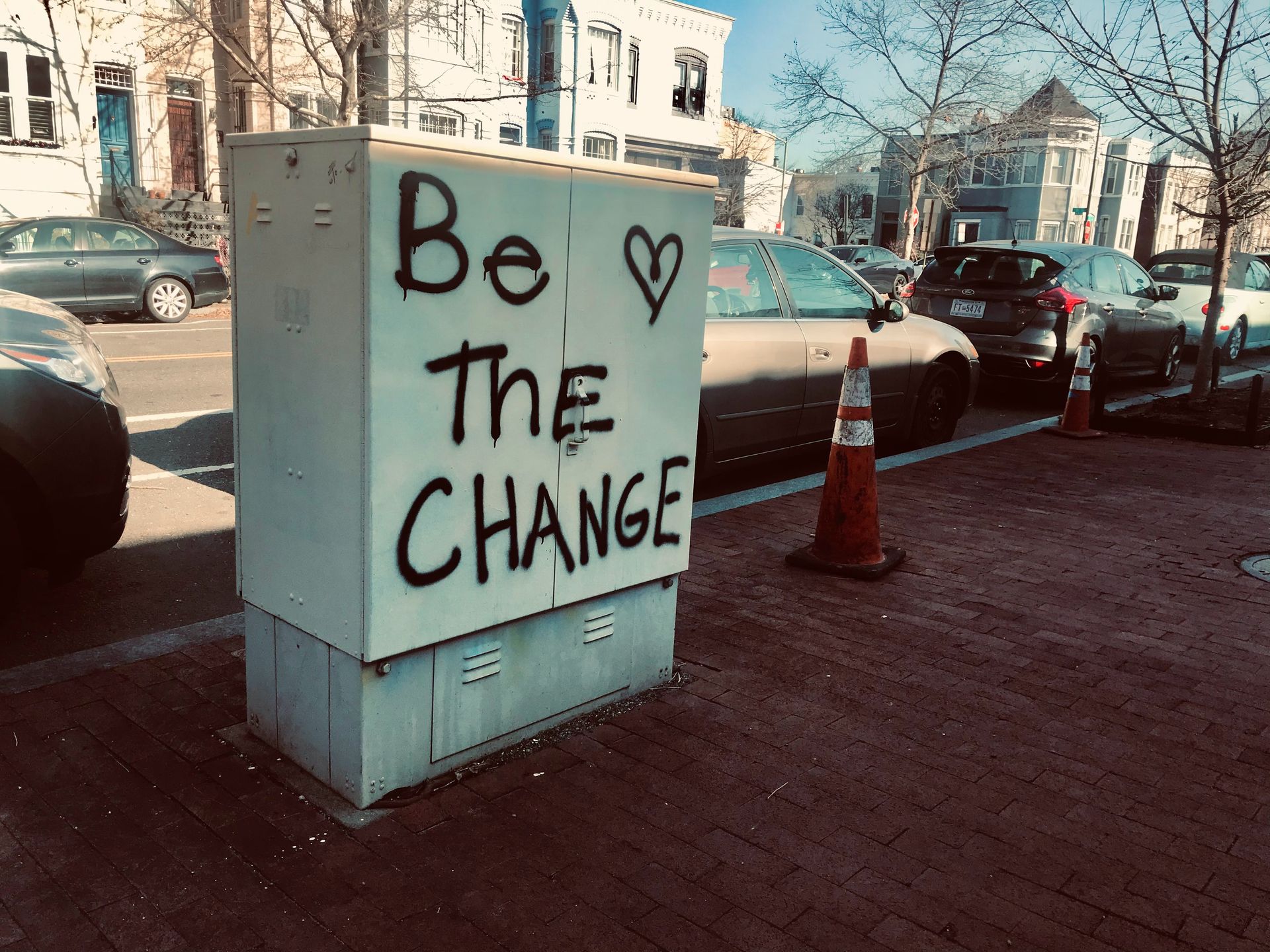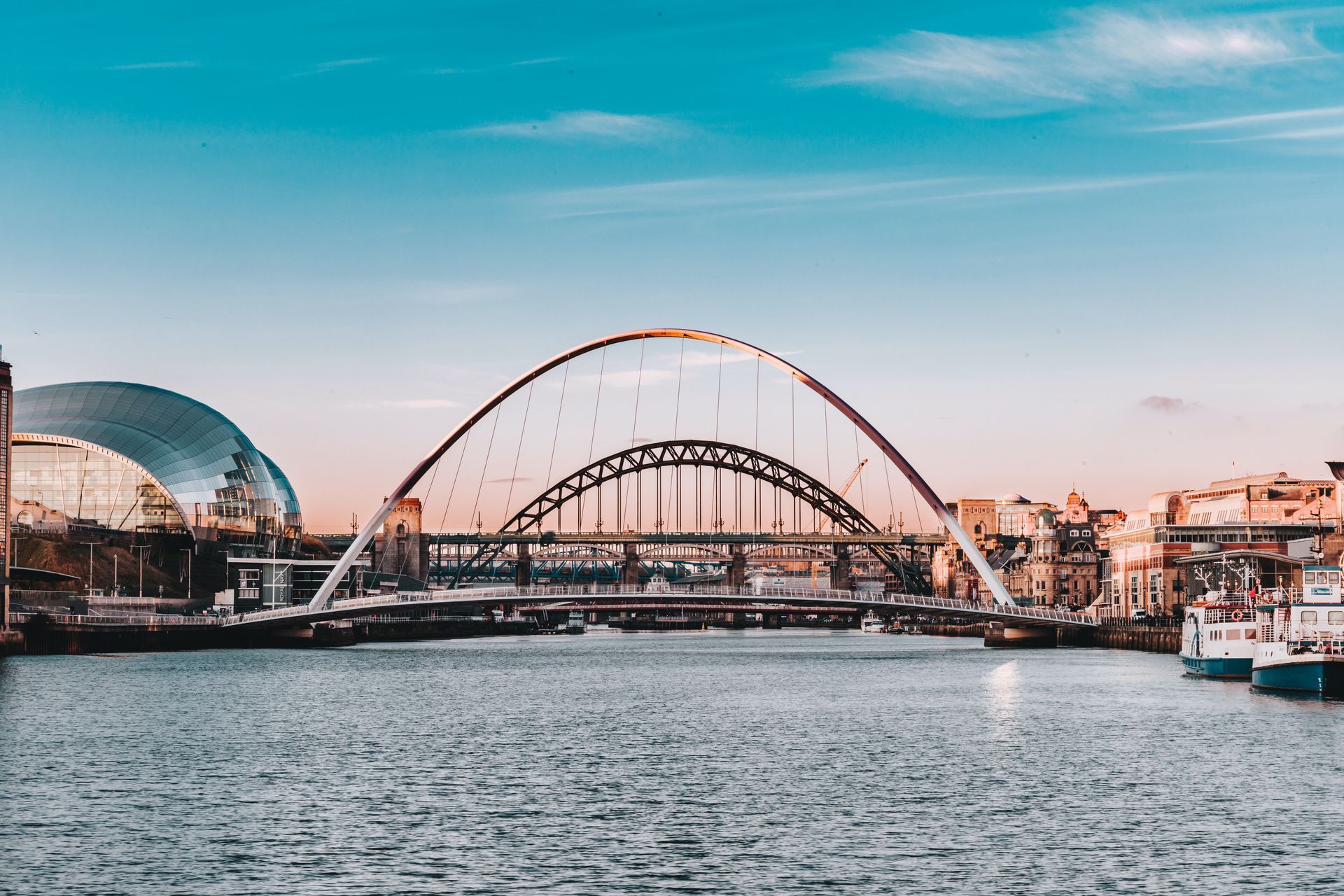Multiple Disadvantage Day
3rd July marks the first ever Multiple Disadvantage Day, but what is it?
The Aim
The aim of the day is to raise awareness of issues faced by individuals who encounter multiple disadvantage in accessing services and support.
What is Multiple Disadvantage Day?
Multiple Disadvantage is when a person experiences a mixture of mental distress, drug/alcohol addiction, homelessness and/or re-offending behaviour at the same time.
It is estimated that 58,000 people face problems of homelessness, substance misuse and offending in any one year. Within this group, a majority will have experienced mental health problems.
Individuals facing any combination as such can also be victims of domestic abuse and/or are likely to experience degrading physical health, be involved in sex work and even face financial complexities such as debt.
(Source: http://meam.org.uk/multiple-needs-and-exclusions/
)
The Problem
Few people are aware of the complexities faced by those who experience multiple disadvantage, and services can often turn a blind eye, struggle to know how to help or exclude individuals because their behaviour is seen as ‘challenging’. This can leave the service user feeling further neglected, and the cycle continues.
Individuals experiencing multiple disadvantage have a greatly reduced life expectancy. To give you an idea, the average life expectancy for homeless individuals – a group with perhaps the highest levels of multiple disadvantage – is only 44 years old, a decrease from previously reported figures of 47years old. This is half the national average.
We need to break the cycle of social exclusion and disadvantage and we can begin by increasing our awareness, understanding and skills to better reach this population. That’s where aneemo comes in.
Can I help?
In many cases organisations offer support for an individual issue, however it gets complicated when there is more than one issue to deal with.
Remember, the individual who seeks help doesn’t usually know which way to turn and ends up being pushed from one service to another, and eventually dropping out of the system altogether. It’s therefore imperative that the staff involved in these situations are aware of the difficulties one may have, and how to deal with them.
aneemo recognises this and is working to tackle multiple disadvantage by supporting organisations working with this population. Through courses such as Working With Women with Complex Needs, Trauma Informed Approaches and Strengths-Based Approaches, staff can gain confidence and new skills in reaching those most in need.
Developed in partnership with Solace Women’s Aid and with training videos from Fulfilling Live, the Working with Women with Complex Needs course explores tailored approaches to service design and delivery for this population. This includes videos exploring the role of power, complex and compound trauma, prostitution, working with risk, safeguarding and domestic violence, working with couples, the loss of children taken into the care system and relationships to care and support professionals, before exploring practical skills to enhance engagement, strengths-based approaches, work with substance use, trauma informed systems and female service re-design.
How do I get started?
Our course ‘Working with Women with Complex Needs’ will be available to all mid-July. It will help increase awareness of the complex difficulties experienced by vulnerable woman.
Pre-enrol here .
There are also a host of other courses relevant to helping those experiencing multiple disadvantage such as Trauma Informed Approaches, Mental Health Skills, Strengths-Based Approaches and Psychologically Informed Environments (PIEs).
View All Courses at academy.aneemo.com/courses .
The impact of raising awareness
For more general information you can also visit www.MEAM.org.uk . Together we can make a difference.
Speak with us!
Contact us today to find out more about how you can get involved in helping those with Multiple Disadvantage. We can offer training to an individual or teams, so do ensure to tell colleagues and Heads of Training so come together and achieve the objective of togetherness.


